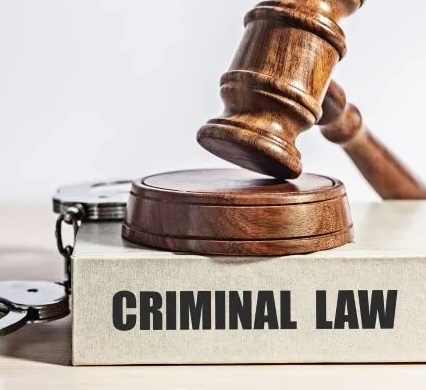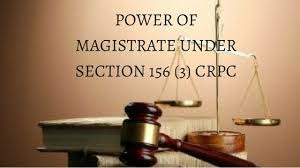The trial of summon cases by magistrate is designed to be less formal and aims for a swift resolution.
In summons case, a magistrate conducts a less formal trial. It is done typically for offences not punishable by death, life imprisonment, or imprisonment exceeding two years. It aims for a speedy resolution, with procedures outlined in Chapter XX of the Criminal Procedure Code (CrPC).
Section 251 to 259 deal with summons
- A summons case, as defined in the Criminal Procedure Code (CrPC), involves an offense that is not a warrant case.
- These cases are generally less serious, with offenses typically punishable by imprisonment for a term not exceeding two years.
- The trial of summons cases is intended to be less formal and aims for a speedy resolution.
- A summons is a court order that commands someone to appear in court and respond to a complaint made against them.
Key Features of Summons Case Trials:
- Procedure: Sections 251 to 259 ,Chapter XX of the CrPC, talk about the trial of summon cases by magistrate.
- Magistrate’s Role:A magistrate conducts the trial, and the accused is summoned to appear before the court. The particulars of the offence are stated to the accused. Accused can either plead guilty or can claim that he has a defence to make.
- No Formal Charge Framing:Unlike warrant cases, it is not necessary to frame a formal charge in a summons case.
- Speedy Resolution: The trial is designed to be less formal and aims for a swift resolution.
- Plea of Guilty without being present (Sec 253): The accused can plead guilty without appearing before the magistrate in petty cases, transmitting a letter containing the plea and the fine amount.
- Procedure when not convicted (Sec 254): If the magistrate does not convict under section 252 or section 253, magistrate shall hear the prosecution & defence. He can also summon witnesses on request after requiring the reasonable expenses deposited.
- Acquittal or Conviction: After evaluating the evidence and hearing the accused, the magistrate must either record an order of acquittal or, if finding the accused guilty, pass a sentence according to law.
- Conversion to Warrant Case (Sec 259): The magistrate can convert a summons case into a warrant case if the offence is punishable with imprisonment for more than six months and justice demands it.
- Stoppage of Proceedings (Sec 258): The magistrate may stop the proceedings at any stage without pronouncing judgment, and if the stoppage occurs before the evidence of the principal witness, it has the effect of discharge.
The supreme court in Mahanta Kaushilya Das v. State of Madras observed that the provision of section 252 of the code being mandatory in character their violation would vitiate the trial and conviction based on such plea of guilty invalid. Before accepting the plea of guilty the Megistrate has to satisfy himself that the accused has understood the charge or the substance of accusation against him properly and accused and pass sentence on him according to law unless he decides to proceed under section 235 and 360 of the code
If incase you need any legal assistance you can now try our AI Legal Advisor.



